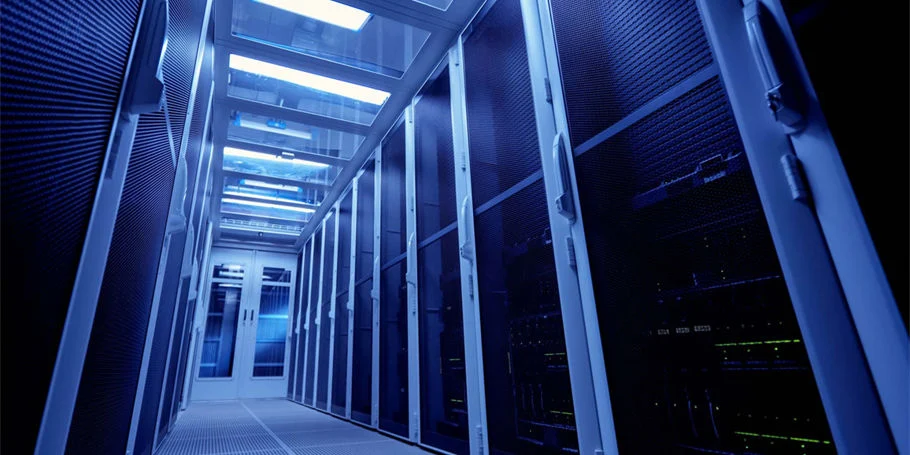How can data centres become more sustainable?
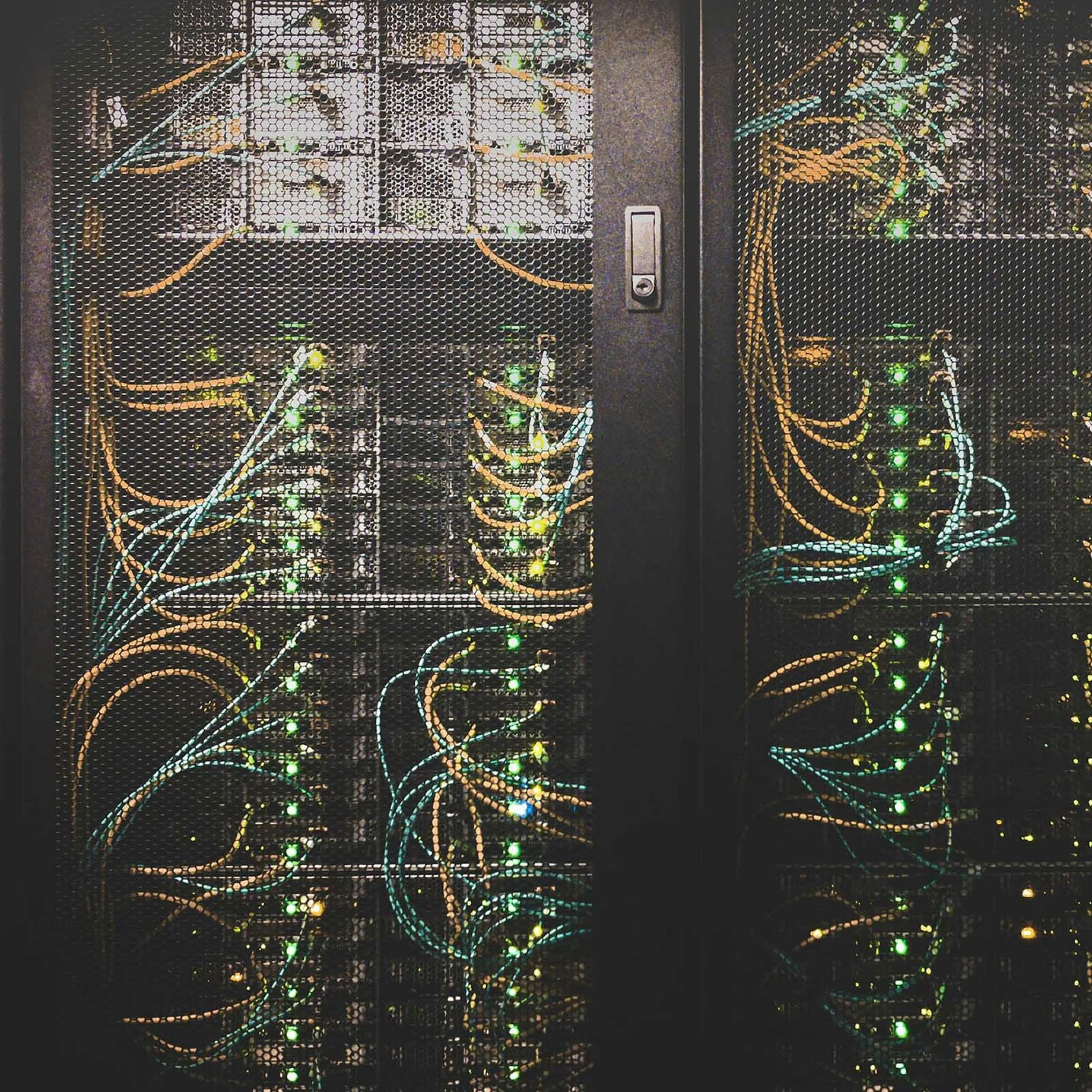
-
Related markets
-
Related services
Get in touch with our team
As coal and steam were to the industrial revolution, data is to the modern consumer-driven and knowledge based economy. Our appetite for data, and our reliance on the data centre sector, continues to grow at an incredible rate.
Faced with near limitless demand for its services, the data centre sector’s main concerns are how to increase capacity and gain access to sufficient energy. This reveals a telling challenge: how do you grow this vital industry without increasing climate impact?
At Arup, we believe it’s time to rethink data centre design for the era of climate change. It means exploring new strategies for energy use, new fuels, new operational practices and prioritising design innovation across data estates. With the industry’s considerable demands for energy and water, there’s a clear need to be a responsible member of the community too – a priority that will only grow as the industry continues to scale. In some parts of the world, data centres are seen as a way to help develop and grow a town or city’s local tech sector – but the industry’s demands for natural resources (water and energy) can lead to friction with the community if these are already constrained.
From environmental regulation and running costs to community concerns, there are many good reasons to find ways to improve data centre sustainability.
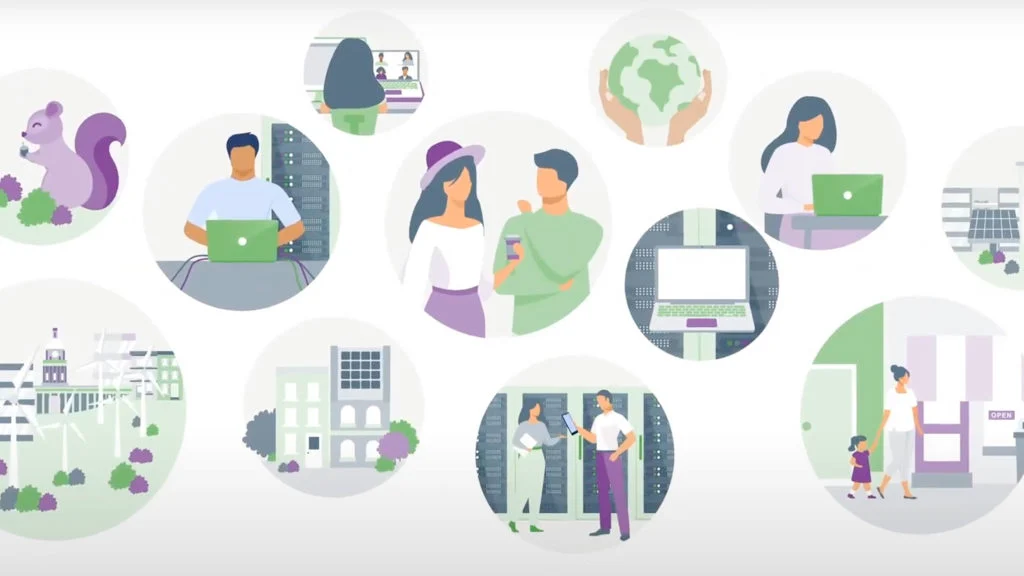
Defining the sustainable data centre
So which factors determine how sustainable a data centre business can become? Any solution needs to be coherent with the industry’s appetite for growth and existing operational and commercial model. At Arup, we anticipate that the following five priorities will increasingly shape success for players across the data industry:
Five priorities for the sustainable data centre
-
1
Support expansion
You need to build out capacity fast, without leaving out the most sustainable interventions from your reference design. Arup data centre designers work with you to meet these demands while enabling the flexibility you need to deliver a future-focused design ready for new and evolving end user demands.
-
2
Reduce carbon emissions
We help clients to achieve net-zero emissions with whole life carbon assessments, decarbonisation pathways, materials selection and advanced cooling techniques while incorporating circularity, climate resilience and nature-based solutions. All these measures are designed to optimise energy usage and minimising cost.
-
3
Energy efficiency
For efficiency and energy security, we can develop a strategy that combines on-site renewable energy generation and procuring power from renewable sources in the grid in addition to exploring alternative fuel sources as a future approach to reduce environmental impact and enhance energy resilience.
-
4
Reduce costs
Our team adopts a future forward strategy to managing cost, factoring in future needs alongside construction and operational expenses. For existing assets, we prioritise reuse, and ongoing operational improvements. While locations of new facilities should include renewable energy access and optimised layouts to ensure flexibility for future requirements.
-
5
Be a good neighbour
Data centres need to integrate with local communities, prioritising environmental responsibility, community engagement, infrastructure support, noise mitigation and emergency response support. Recognising the value of heat generated, we assist clients in capturing and delivering it for local district heating networks and industrial uses, promoting sustainability and community collaboration.
Sustainability: making progress at different levels
Our experts have been thinking about the different ways the sector can maintain growth, performance and increase the overall sustainability of operations. It’s a case of addressing the issue from different angles, making bets on incremental but vital improvements. Below, Arup experts explore how to make progress on five key aspects of modern data centre operations.
Learn more from our experts:
Projects
Explore more data centre projects

European fibre optic networks: buyside due diligence smooths stake acquisition
Telecom buyside Technical Due Diligence, Netherlands
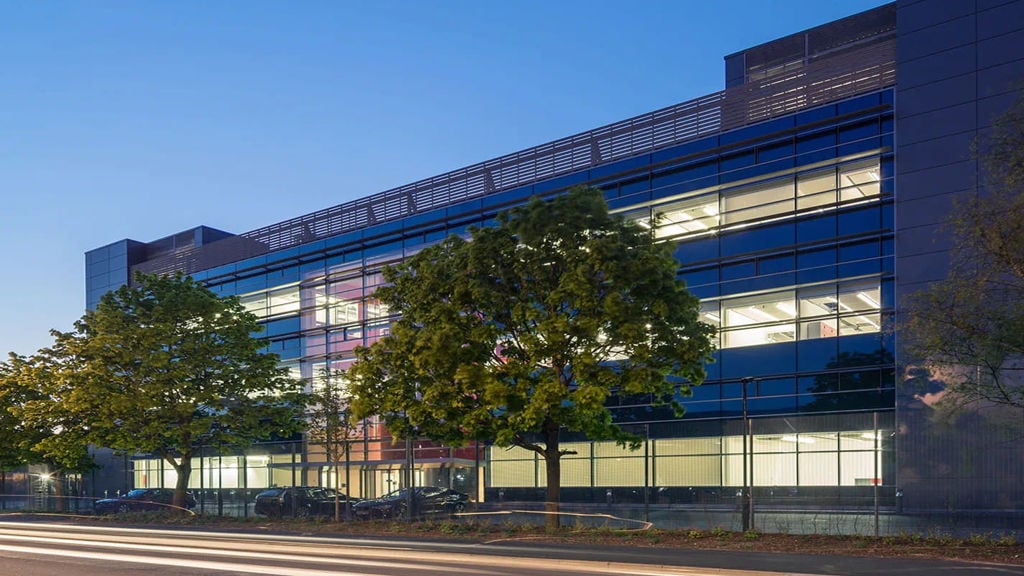
An evolution of Arup-designed LD4 and LD5 facilities in Slough
Equinix, London Data Centre 6, United Kingdom
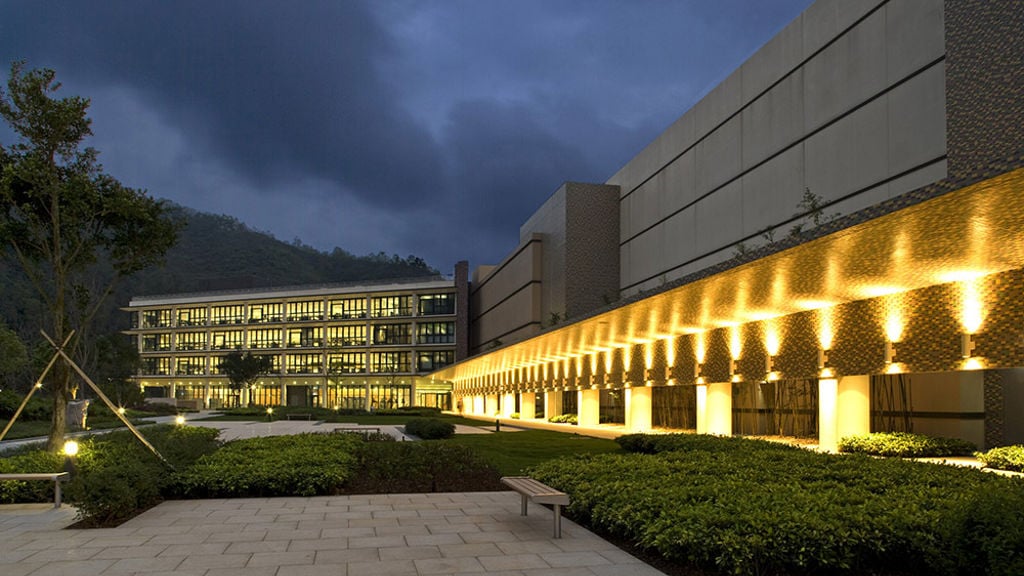
The largest data centre in Asia meeting the design requirements of Tier IV standard
HSBC Data Centre Hong Kong, Hong Kong
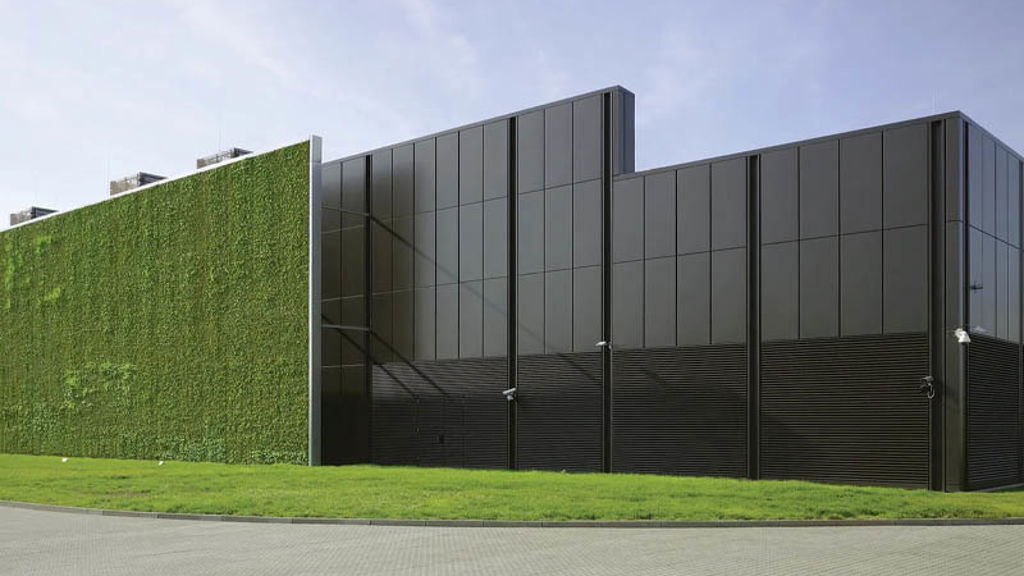
Sustainable and resilient data centre design: the world's first LEED Platinum certified data centre
Citigroup Data Center, Germany
Get in touch with us
If you'd like to speak to one of our data centre experts about any of the issues raised on this page or a potential collaboration then please get in touch by completing the form.
